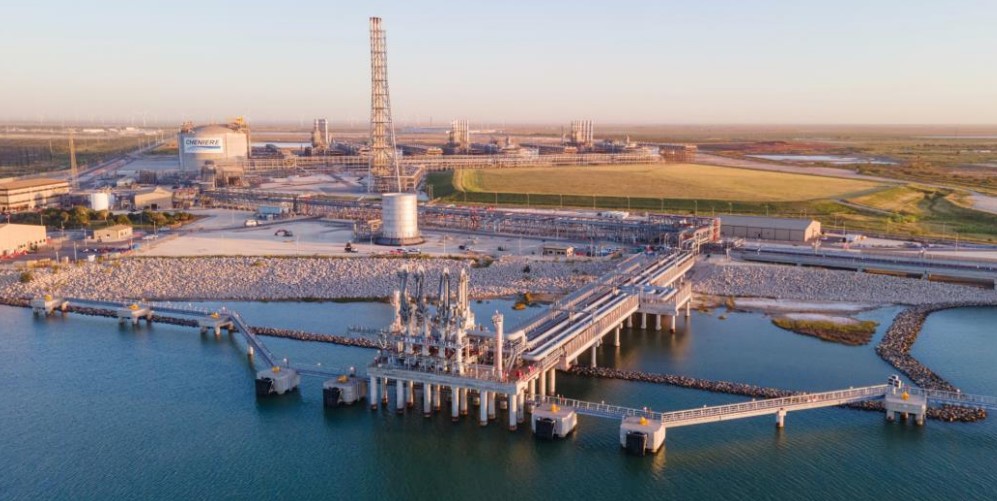US LNG exporting giant Cheniere said it had set a voluntary, measurement-informed scope 1 annual methane intensity target for its Sabine Pass and Corpus Christi liquefaction facilities.
According to Cheniere, the methane target builds upon the company’s climate strategy and leverages data from its multi-scale emissions measurement and mitigation programs.
“The methane target is consistent with the requirements to achieve Gold Standard under Cheniere’s membership in the United Nations Environment Programme’s (UNEP) Oil & Gas Methane Partnership (OGMP) 2.0.,” the company said.
Cheniere aims to consistently maintain a scope 1 annual methane emissions intensity of 0.03 percent per tonne of LNG produced across its two US Gulf Coast liquefaction facilities by 2027.
Using measured emissions data to inform methane targets represents an “important element” in Cheniere’s strategy and moves the industry forward in its climate performance, the company said.
Cheniere’s quantification, monitoring, reporting and verification (QMRV) projects — including data from about 50 aerial measurements of the company’s operations at its liquefaction facilities performed over a 16-month period — informed the process of establishing the methane target.
In addition, Cheniere has updated its peer-reviewed LNG life cycle assessment (LCA), originally published in 2021.
Cheniere said the new study had been accepted by a “top-tier academic journal” and is expected to be published soon
“The updated LCA finds that in all cases the supply-chain specific GHG emissions intensity of Cheniere’s LNG is lower than those presented in the U.S. Department of Energy’s National Energy Technology Laboratory (NETL) 2019 study,” the company said.
Cheniere’s broader climate strategy focuses on a data- and science-based approach to identifying potential emissions reduction opportunities, the company added.
Cheniere’s Corpus Christi plant in Texas currently liquefies natural gas at three operational trains, each with a capacity of about 5 mtpa, while its 30 mtpa Sabine Pass terminal in Louisana has six trains.
The company shipped 479 LNG cargoes during the first nine months of this year, 11 cargoes more than in the same period in 2023.
Cheniere also expects to start introducing gas into the first train of the Corpus Christi expansion project in the coming weeks, according to CEO Jack Fusco.
In June 2022, Cheniere made the final investment decision on the Corpus Christi Stage 3 expansion project, worth about $8 billion.
The project includes building seven midscale trains, each with an expected liquefaction capacity of about 1.49 mtpa.

